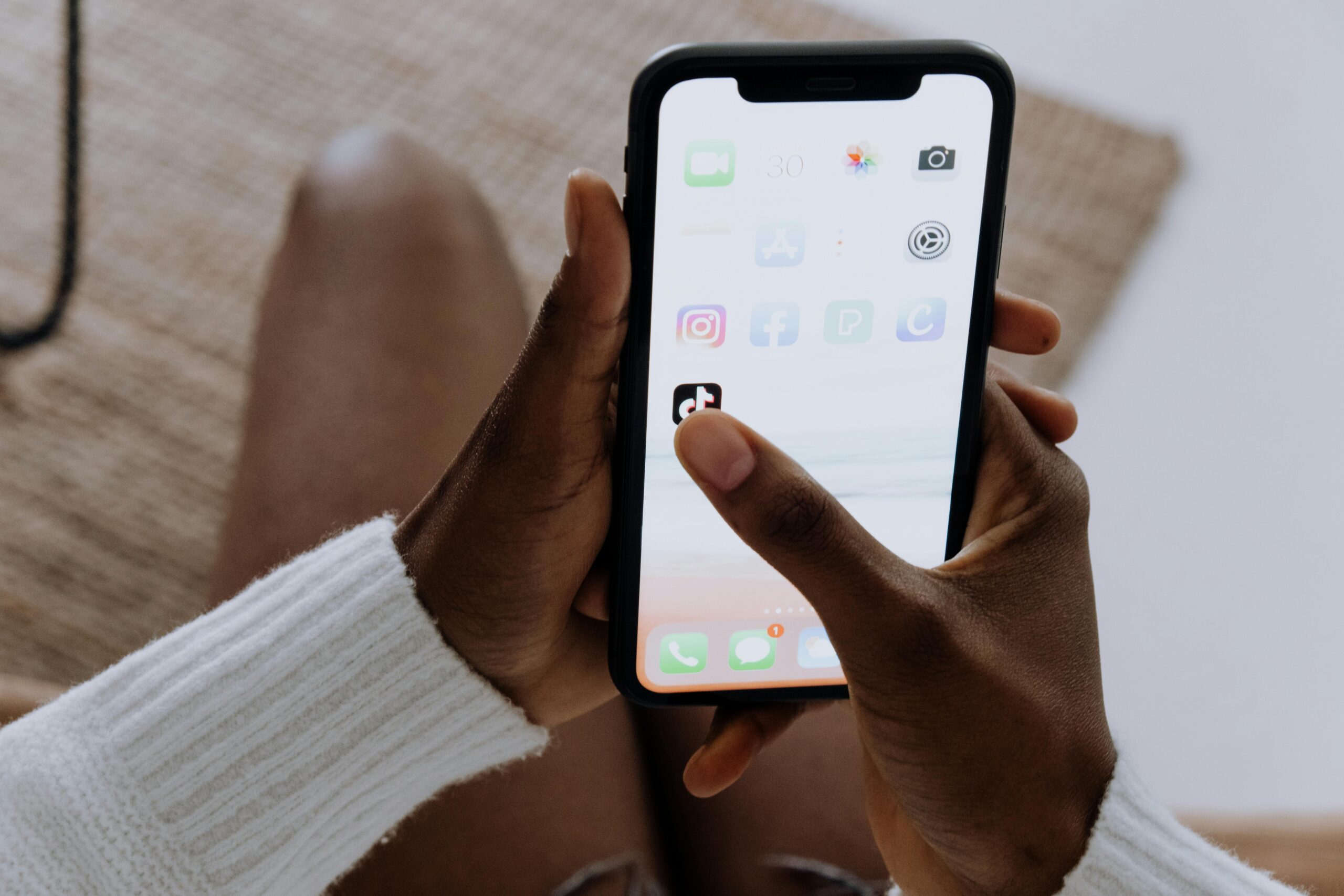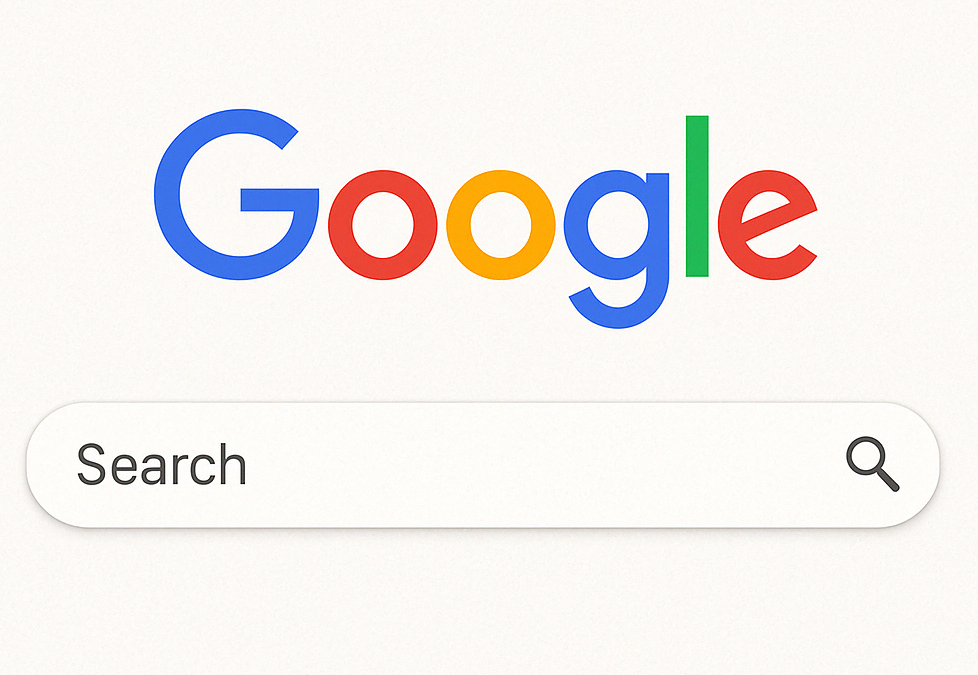Update 1/29/25:
Recently, reports emerged that Microsoft is once again in discussions to acquire TikTok, the popular social media platform owned by China’s ByteDance. President Donald Trump confirmed Microsoft’s interest, expressing his desire for a competitive bidding process to secure the best deal. This development mirrors similar negotiations from 2020, which ultimately did not materialize. The renewed talks are part of a broader effort to address national security concerns associated with TikTok’s Chinese ownership. Other potential buyers, including Oracle and various investor groups, have also shown interest in acquiring the platform.
Update 1/19/25:
On January 19, 2025, TikTok ceased operations in the United States following the Supreme Court’s unanimous decision to uphold a federal law requiring its Chinese parent company, ByteDance, to divest its U.S. operations by that date. Despite President-elect Donald Trump’s indication that he would grant a 90-day extension to facilitate a sale, the app was removed from U.S. app stores, and users experienced service disruptions. Later that day, TikTok began restoring services after receiving assurances from Trump, who plans to issue an executive order extending the deadline upon taking office.
Update: 12/17/24 – TikTok Ban Looming!
Key Points
- TikTok Faces US Ban: TikTok must be sold by its Chinese parent company, ByteDance, by January 19 or face a U.S. ban over national security concerns. Both TikTok and ByteDance deny any ties to the Chinese government.
- Trump’s Changing Stance: Despite supporting a ban during his first term, Trump now opposes it, partly due to his issues with Facebook, which he blames for his 2020 election loss.
- Legal Challenges: TikTok has appealed to the U.S. Supreme Court to delay the ban, citing “irreparable harm” to the platform and its users. The federal appeals court recently upheld the legislation.
- Political Timeline: The ban deadline falls on January 19, one day before Trump’s second term starts, creating urgency for TikTok’s compliance or resolution.
TikTok Faces January 19, 2025 Deadline
President-elect Donald Trump met with TikTok CEO Shou Zi Chew at his Mar-a-Lago estate in Florida on Monday, December 16. The meeting comes as TikTok faces a January 19, 2025 deadline to either be sold by its Chinese parent company, ByteDance, or face a U.S. ban due to national security concerns over alleged links to the Chinese government, which both TikTok and ByteDance deny.
Although Trump supported a ban during his first term, he now opposes it, partly due to concerns that it could benefit Facebook, a company he has accused of contributing to his 2020 election loss. TikTok has filed an emergency application with the U.S. Supreme Court seeking a delay in the ban’s enforcement to allow for a review and to give the incoming administration time to assess the situation. The company argues that an immediate ban would cause “irreparable harm” to both the platform and its users.
The federal appeals court recently rejected TikTok’s bid to overturn the ban, noting that the legislation reflects extensive bipartisan action by Congress and successive presidents. Trump’s second term begins on January 20, one day after the current deadline for TikTok to comply with the law.
Update 4/26/24
- Reuters reports ByteDance is unwilling to sell TikTok to a US company, preferring to shut it down instead.
- TikTok’s algorithms are considered central to ByteDance’s operations, making a sale non-viable.
- ByteDance plans to appeal the ban in court and aims to block the recently passed legislation.
I still believe that somehow TikTok’s US presence will continue, but it may take some time to iron out those details.
Update 4/24/24
- Biden’s Signature: President Joe Biden signed a bill that might lead to a nationwide TikTok ban as part of a foreign aid package.
- Deadline: ByteDance has 270 days to sell TikTok to avoid the ban, with a possible extension of 90 days.
- Legal Challenge: TikTok plans to challenge the law in court, arguing it violates free speech rights and is unconstitutional.
- Impact of Sale: If forced to sell without its key algorithm, TikTok’s success could be significantly undermined.
- Chinese Law: In recent years, China has implemented export controls governing algorithms, a policy that would seem to cover the incredibly successful algorithm that powers TikTok’s recommendation engine.
- Potential Ban Effects: If the sale doesn’t happen, TikTok could be removed from U.S. app stores and its operations severely impacted.
Quick Summary
- House Passes TikTok Ban: The U.S. House of Representatives approved a bill potentially banning TikTok as part of a broader foreign aid package.
- Strong Bipartisan Support: The bill received overwhelming support with a 360-58 vote, showcasing bipartisan agreement.
- Pressured Senate Decision: The inclusion of the TikTok ban in critical foreign aid funding pressures the Senate to pass the entire package.
- TikTok’s Opposition: TikTok opposes the bill, arguing it infringes on First Amendment rights and threatens economic contributions.
House Approves Bill Tied to Foreign Aid
On Saturday, a major development occurred in the potential ban of TikTok in the US. House lawmakers passed a bill that could lead to banning the app. This bill was part of a larger package that also included aid for Israel and Ukraine.
Bipartisan Support for the Ban
The decision was nearly unanimous with a vote of 360-58, showing strong bipartisan support. TikTok, which is owned by the Chinese company ByteDance and has 170 million users in the US, is facing tough times as it tries to continue operating under its current ownership.
Details of the TikTok Ban Bill
The approved bill demands that TikTok be removed from US app stores unless the app changes its ownership. This follows a previous bill from March with similar demands. Now, TikTok has 270 days to find a new owner, a period longer than the six months previously given.
Political Strategy in Play
By linking the TikTok ban to critical funding for military and defense aids, House Republicans have pressured the Senate to pass the entire package. This strategy could accelerate the approval process, as President Joe Biden has already indicated he would sign the TikTok legislation.
Senate and Presidential Actions Expected
The Senate is likely to act quickly on this package, with high expectations for its passage. The TikTok bill’s inclusion could influence the Senate’s decision, and the President has shown support for the legislation.
TikTok’s Opposition and Potential Legal Challenge
TikTok has been actively opposing the bill, stating it infringes on the First Amendment rights of its users and threatens small businesses. The company has suggested it might sue to block the bill and is prepared for a legal battle to defend its operations and user rights in the US.
Senate’s Response and Timeline
Senate Majority Leader Chuck Schumer emphasized the urgency of passing the foreign aid, with plans to bring the package to the Senate floor soon. Analysts believe there is an 80% chance the TikTok bill will pass as part of the larger package, possibly within the next two weeks.
Our Take
Even if the Senate does ban TikTok, most likely TikTok would be made available again, or unbanned if a US company is allowed to take the reins. The issue isn’t actually with TikTok, it’s with Chinese ownership and potential safety and privacy concerns. Moreover, there’s far too much money at stake to allow TikTok to actually go away forever.









